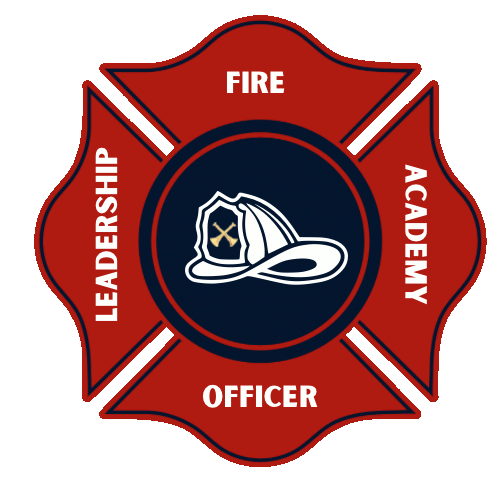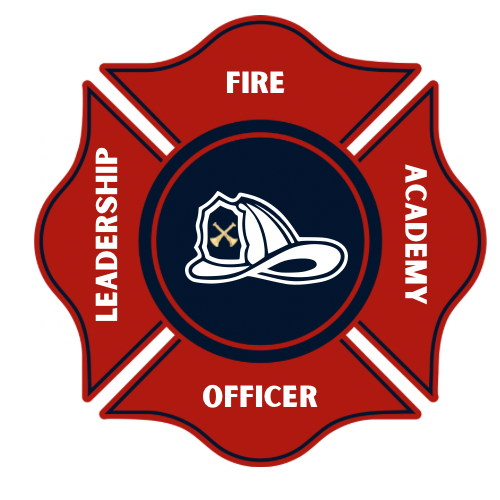Courage is one of the fourteen leadership traits the Marine Corps has identified, and it is the physical and mental control of fear. Notice that courage is not the absence of fear, it is controlling fear.
Physical and Mental Control of Fear
On Sunday, August 17, 1975, there was a tragedy, multiple alarm fire at the Gulf Oil Refinery in South Philadelphia that eventually went to eleven alarms. The fire began at approximately 6:00 a.m. because of human error and in less than an hour, the Philadelphia Fire Department had struck six alarms. Around 3:00 p.m. an electrical failure shut down the pumps that were removing excess foam and water runoff.
“At 4:40 the inevitable happened. The overflow flashed, setting three firefighters who were walking through it afire. Five of their comrades, safely on higher ground but seeing their plight, rushed down to help them.1” These six firefighters horrifically perished in the flames. Later, two other firefighters were found bringing the death toll to eight.
It takes courage to run into a flaming lake of crude oil to rescue your fellow firefighters, knowing that you will suffer serious burns.
But What About Moral Courage?
Throughout my career in the fire service, I was privileged to work with firefighters who displayed the physical and mental control of fear. They had no problem entering a burning building, engaging in high angle rescues, searching murky waters for a body, and doing other amazing tasks under chaotic and demanding conditions.
However, a few of those same firefighters and fire officers did not have the moral courage to confront bad behavior, toxic attitudes, or mediocre performance away from the scene of an emergency.
Why did that happen? Fear. Fear of ridicule. Fear of being shunned. Fear of breaking the bonds of camaraderie. Fear of being the bad guy. Fear of destroying off-duty friendships.
Failing to display moral courage creates a multitude of issues and lends itself to a condition where someone down the road must step in when the situation is much worse and take action to correct it.
When first promoted to battalion chief, I inherited an individual who was repeatedly talked about by his previous supervisors, yet they did nothing to address the problem. I wasn’t sure who to be angrier at: the poor performer or his previous officers for failing to have the moral courage to address the issue and leaving me with a mess to clean up.
As a firefighter and fire officer, I assume you have the mental and physical control of fear to address the emergencies you are dispatched to. But what about doing the right thing at the fire station, on the training grounds, in the admin offices, or during board or council meetings? It is your choice, and I trust you make the correct decision.
1Dennnis Smith, Dennis Smith’s History of Firefighting in America, (New York: The Dial Press, 1978), 162

